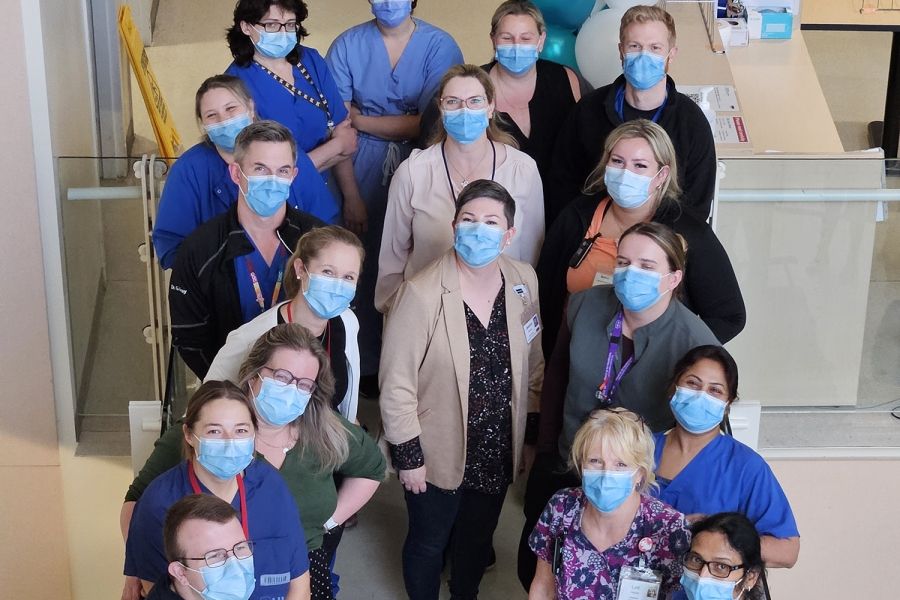Screening can help find cancer earlier, often leading to more effective treatment and better health outcomes. When caught early, treatments are usually less complex, and more likely to be successful.
Screening is for people who do not have any cancer symptoms.
The Southeast Regional Cancer Program manages screening for breast cancer, colorectal cancer and cervical cancer.

